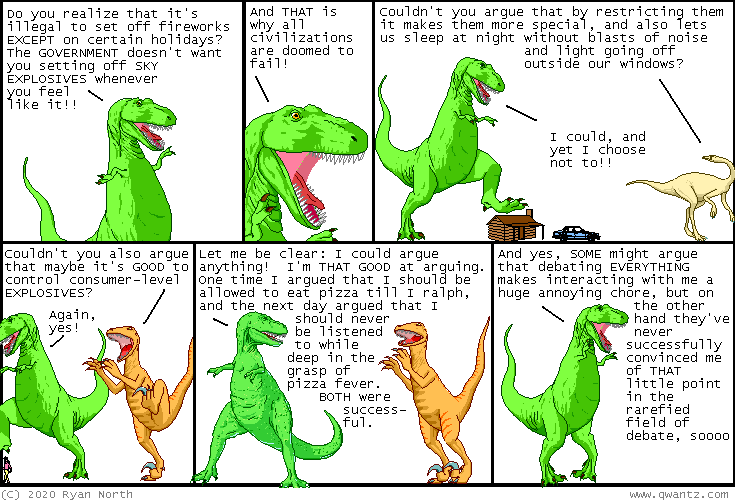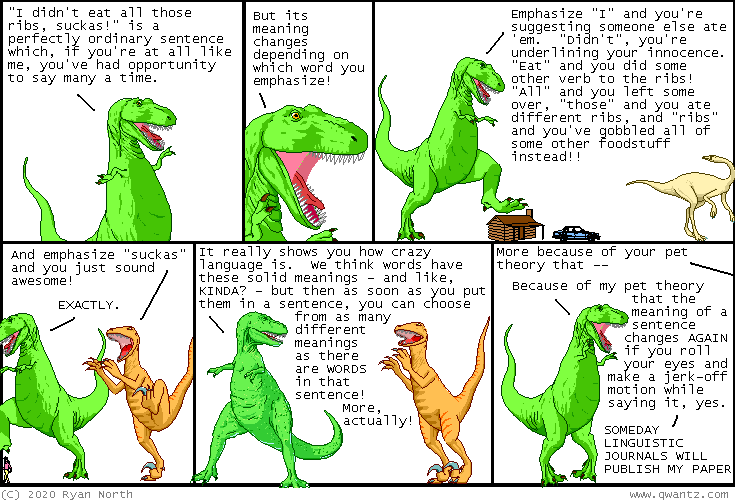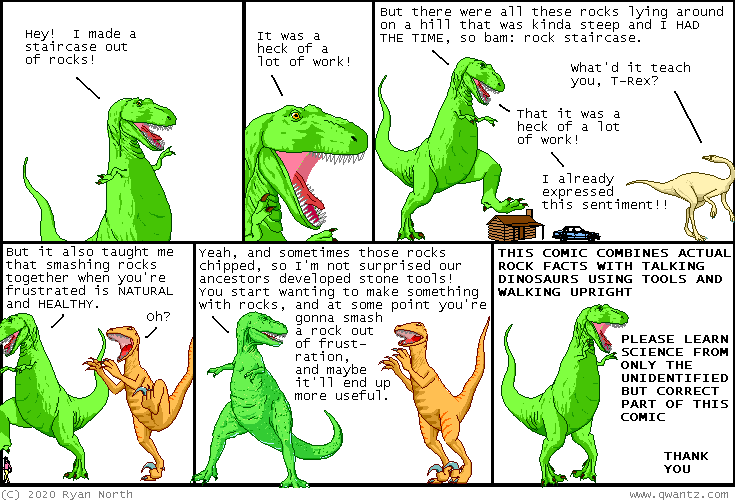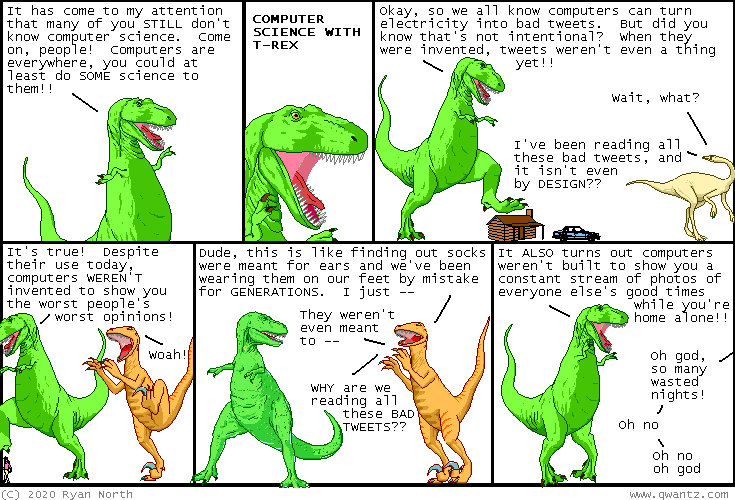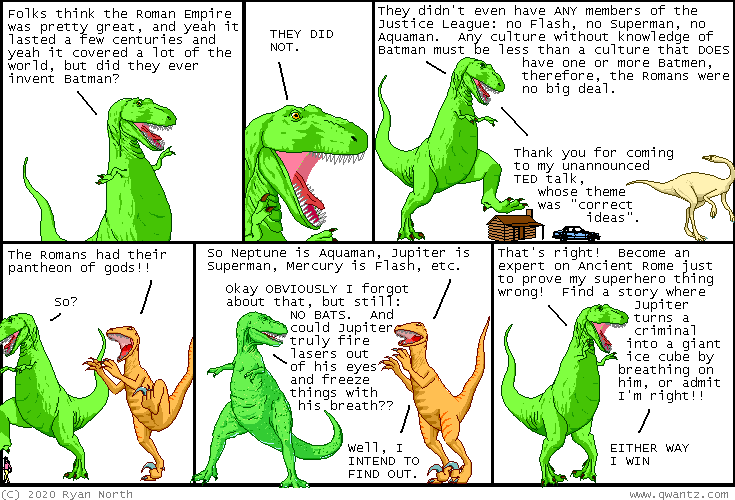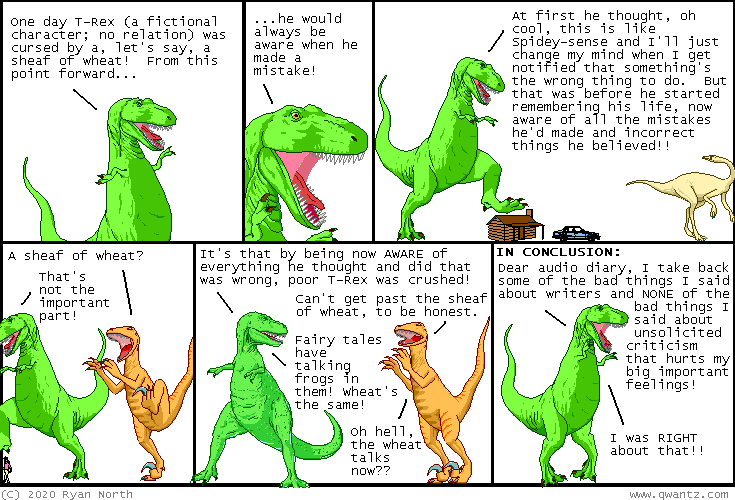A quick PSA before we get started: Web maestro Anton Reponnen has posted a brief essay over at Communication Arts, describing the process of designing blindsight.space around Danil’s film (and around the enormous amount of background material that frames it). It’s full of insights into the way the Memories wing explicitly echoes the motifs of the novel (some of which, I’m ashamed to admit, I never noticed before; I just thought Man, this is really cool without putting any thought into why it was cool). It’s a quick read, and it reminds me all over again what a labor of love that project was for all parties involved. Check it out, and then get on with your lives.

If you’re imprisoned on Facebook you may remember my mention of a curious omission in a recent interview published on Tor.com. When asked to describe my reaction to the recent debut of Danil Kriovurchko’s Blindsight fan film, I responded:
What do you think my reaction was? I basically masturbate to that video about twelve times a day.
Personally I thought that was my best answer of the interview, but it never appeared in the finished article. (“I don’t think Tor would be happy with it,” Andrew Liptak told me by way of explanation.)
Here in 2020—almost fifty years after Kurt Vonnegut’s story “The Big Space Fuck” appeared in Again, Dangerous Visions—you’d think such tiny flecks of self-censorship would be quaint relics, to be sheltered and preserved in the Smithsonian as artifacts of less enlightened times. What they might actually be, however, is the tip of an iceberg.
Take Amazing Stories, for example. I recently got an email from one of their staffers, telling me about an “All Canadian” issue they’re planning and wondering if I’d care to contribute a reprint. As chance would have it, I’m quite fond of “The Wisdom of Crowds”, an epistolary story from 2019 that appeared in a Slovenian art magazine (and which therefore hasn’t had a lot of exposure in genre circles). The staffer also liked it and sent it up the chain, where, well…
Hi, Peter,
Thanks for offering “The Wisdom of the Crowd” to Amazing Stories for our special all-Canadian reprints issue. I really enjoyed it and would like to buy it. There’s just one catch (because there’s always just one catch…)…
We’re trying to put out a magazine for SF fans of all ages. There are a couple of explicit sexual references that would not be appropriate for the audience we are trying to reach. Would you be willing to rewrite/reword the explicit references accordingly?
All the Best,
Ira Nayman, Editor,
Amazing Stories
*
Hi Ira,
Glad you liked “The Wisdom of Crowds” (plural, btw, not singular). I am of course curious as to which “explicit references” you mean; thanks to its pseudo-documentary style, I believe TWoC contains less profanity than almost anything else I’ve written.
I’m also a bit puzzled by the fact that after reading a story which focuses on global environmental collapse and crowdsourced nuclear terrorism, it’s the “sexually explicit references” that you think readers might find most disturbing. Even the racist slurs uttered by a couple of characters seem to pass muster; so ultraviolence and racism are okay. It just the casual sexual epithets, whatever they are, that raise alarms.
I wonder if you might be committing a category error when you talk about a magazine “for all ages”. As far as I can tell age doesn’t really factor in here: I’ve known plenty of smart nine-year-olds who drop “fuck” into every third sentence, and a few fully-grown adults who cringe at the merest whiff of profanity (I was raised by Baptists). Age isn’t the common denominator here; prudishness is. I wonder if your real concern is that you don’t want to piss off the pitchforks-and-Bibles crowd.
And I’m sorry, but I’ve been down this road before. If you’ve got a moment, check out this blog post, and then this one; I wrote them back in 2016, when a high school teacher in the Bible Belt tried to teach one of my novels to her advanced English class. I made major concessions in that case—far greater than what you’re asking for here— and the mob remained unsatisfied. Read those posts, and you’ll understand why my answer has to be no.
I am glad you liked the story, though. It’s a recent favorite of mine.
Cheers
Peter
*
Peter,
Thank you for your thoughtful email. Much to respond to.
Let me start with a bit of personal biography. Before I was a prose geek, I was a script geek; I spent a decade writing screenplays and studying screenwriting. In that time, I created a TV series called The Love Box, which is a sitcom about a family that lives over and runs the biggest porn store in the world. I recently updated it in the hope of finding a producer. The series is, as you might imagine, quite sexually explicit. I’m pretty sure, having worked on it recently, that I am not a prude, although reasonable people may disagree on this point.
I agree that this society’s eager acceptance of violence and aversion to sexuality is strange. (Part of the reason I wrote 13 episodes of The Love Box was because I wanted to create something that was sex positive.) But, for better or worse, this is the society we live in. I also agree that children know much more about foul language than most parents are willing to give them credit for, so I am not too concerned about the swears in the story. (I would agree that, given the wild west of the web, both the profanity and the racism in the story are mild compared to the reality. I would happily defend how you deploy them.)
My main problem is the reference to sex with a dog, and the callback later in the story to, if memory serves, “dogfucker.” Having recently hosted Zoom sessions which bots hijacked with videos of sex and violence, I recognize that this is totally realistic. Still. I feel it is too much for our readers. I would be much more comfortable with something less explicit such as “an unnatural sex act” (which has the advantage of leaving the actual act to the reader’s sick imagination).
Would this be acceptable to you?
Best,
Ira Nayman
*
Hi Ira,
Thanks for the context; it’s good to have a better idea of where you’re coming from. Also it may interest you to know that the premise of pornographic images in blockchains isn’t just realistic but actually real. Apparently, actual child porn is embedded in the Bitcoin blockchain—and because of the very selling point of blockchains (their immutability), it can’t be removed without invalidating all subsequent transactions in the chain. Honestly, you can’t make this stuff up.
We seem to be on the same page when it comes to the idiocy of Community Standards. We both shake our heads at the Puritan violence-is-fine-sex-is-offensive mindset; we agree that children swear a lot; we agree that nothing in the story is unrealistic (or even close to the extremes reality already has on offer). The difference seems to be, you’re more willing to acquiesce to that idiocy than I am. I can understand why; your job, after all, is to sell as many magazines as possible, and the way to do that is to scrub the product of anything that would alienate a potential customer. I probably don’t have to tell you that by purging controversial content, you are also purging content that’s interesting; ultimately this trajectory leads to stories as bland and inoffensive as a bowl of cream-of-celery soup. (It also betrays a fundamental purpose of the genre, which is to explore the social ramifications of technological change. If you posit a world with teleportation and Mars colonies and recreational human gengineering—but leave all the social and ethical standards unchanged from the present-day lowest common denominator— the answer to “what is the social impact of change?” inevitably becomes “Nothing. The world twists and shatters in mindbending ways, and we stay just the same as the characters in a Disney movie.”
Two thirds of the American adult population believes in angels; almost half reject the fact of evolution by natural selection. Many young-earth creationists find the concept of evolution not only misguided but deeply, deeply wicked. Literally Satanic, even. If you’re willing to kowtow to people who might object to the word “dogfucker”, what the hell are you gonna do when one of your authors writes a story that mentions evolution? Ask ’em to to a global search-and-replace to swap in “Intelligent Design”, just in case?
I think we agree that most societal norms are fucked. As an editor, your job is to accommodate that dysfunction in order to sell more magazines. But that’s not my job. As a writer—and as a former scientist myself—it is my job to resist feebleminded superstition and idiot fundamentalism and every hysterical bully who ever shook a fist and mouthed the words Because I said so. It is my job—to quote that tired and saccharine cliche— to be the change I want to see in the world.
Maybe my characters lack depth. Maybe my plots make no sense. Maybe my prose is florid turgid crap. I would willingly rewrite a story to address any of these failings. But the only reason you want this change is to placate narrow-minded morons, and that’s just not a good enough reason.
Sorry,
Peter
*
Hi, Peter,
I love these philosophical discussions, and would be happy to continue this one (I suspect we agree far more than we disagree), but I think we should focus on the specific issue at hand.
There is a single element of “The Wisdom of Crowds” that my colleagues at Amazing Stories and I object to (references to sex with dogs). There is no slippery slope here: if you are willing to tone down the two references, I am willing to guarantee that we will not ask you to change any other aspect of the story just because it may be offensive to some readers. (We may introduce the story with a warning that, for instance, potentially offensive language exists in the story, but we will not alter it.)
So, just to be clear: are you willing to withdraw your story because we are asking for that change?
If so, I admire your convictions. In addition, I think “The Wisdom of Crowds” is an astute story that says something interesting about our media environment (it very much reminded me of Black Mirror); I will be sorry if you withdraw it from consideration. But as you correctly point out, we have an audience whose expectations we have to fulfill.
I await your decision.
All the Best,
Ira Nayman
*
Hi Ira,
Sorry, I guess I wasn’t clear: I was laying out the rationale for my hill-to-die-on without explicitly stating that that’s what it was.
I am indeed withdrawing the story. It’s a drag; I’ve never had a story published in Amazing before (actually, I’ve never had a story published in any of the big-name pulps). But this is a matter of principle to me. Clearly, our respective audiences don’t overlap much.
Thanks for considering the story, though.
Cheers,
Peter
*
Some relevant detail. The lines which would be “too much for our readers”, in their entirety, are:
The plug-in registers votes by transacting an insignificant micropayment whenever the user clicks a target, using a public cryptographic key planted in the blockchain next to an embedded JPEG of a man having sex with a St. Bernard.
and
The hacker collective Heisenberg Compensator reports the discovery of millions of keys in the Deuterium chain, functionally identical to the so-called “Dogfucker” previously documented by MIT;
Note that Ira Nayman does not appear to be worried about a few scattered biblethumpers up in the nosebleed seats; he explicitly promised that other aspects of the story would remain sacrosanct, even if they proved offensive to “some readers”. So he’s worried about a bigger number than “some”. He’s worried about “our readers”. He’s worried about “our audience”. He seems to be talking about AS‘s readership as a whole.
A story that the editor of Amazing Stories “really enjoyed”—a story he found “astute”, and reminiscent of Black Mirror, and whose most objectionable elements he conceded were not only realistic but understated relative to reality— will not appear in that magazine because its readership as a whole would revolt if exposed to the phrase “JPEG of a man having sex with a St. Bernard”.
In 2020.
What the Actual Fuck.
It’s tempting to talk about cultural regression, to lament how far we’ve fallen since that golden age when respectable movies could have R ratings (remember Alien?) and everything on the planet wasn’t owned by fucking Disney. It’s been argued, and not without reason, that ever since the seventies we’ve been culturally backsliding towards the fifties.
But I don’t think I buy that. Game of Thrones featured rape and incest and more profanity than you could stuff into Eric Cartman, and it was a colossal hit both critically and in the ratings. The highest office in the US is occupied by a man who was elected after bragging about his pussy-grabbing exploits. Hell, didn’t the first episode of Black Mirror— the very show to which Ira compared “The Wisdom of Crowds”— feature a politician fucking a pig on live television?
And yet AS‘s readers can’t handle references to bestiality. Tor.com’s readers apparently can’t handle references to masturbation. I honestly don’t get it. Has it really come to this? Has the industry which once published “The Big Space Fuck” and “If All Men Were Brothers, Would You Let One Marry Your Sister?” really become so—so timid, when my back was turned? Is it really so disconnected from wider cultural norms?
Or is it me?

 The image above was posted on Facebook today, and I had an immediate reaction to it, which I posted on Twitter: “The problem with this picture is, having grown up in the 80s, I assumed they are looking at the end result of a US-Soviet nuclear exchange, and this is the very instant before their terrifying death.”
The image above was posted on Facebook today, and I had an immediate reaction to it, which I posted on Twitter: “The problem with this picture is, having grown up in the 80s, I assumed they are looking at the end result of a US-Soviet nuclear exchange, and this is the very instant before their terrifying death.”


